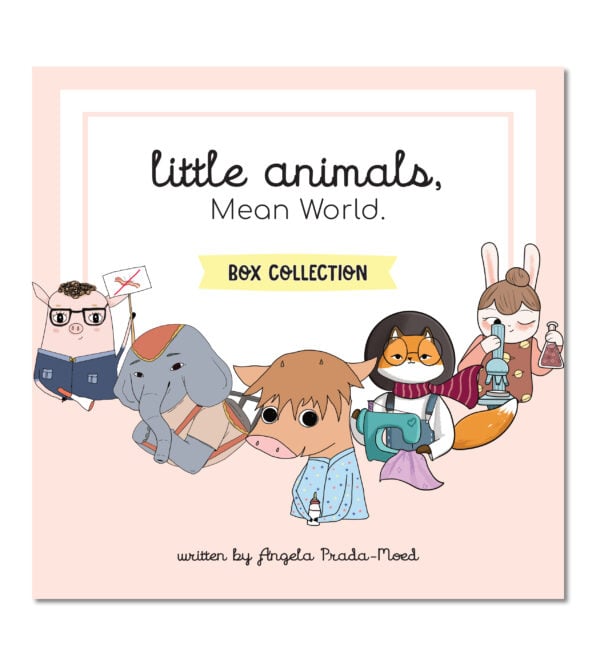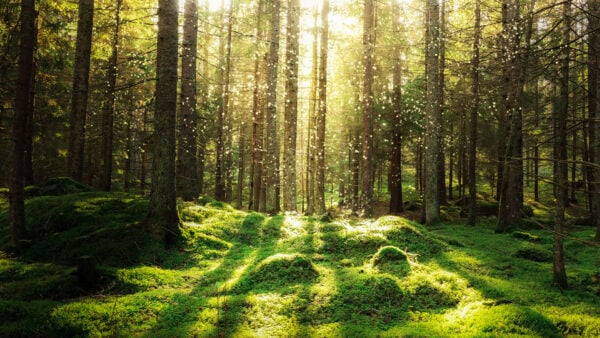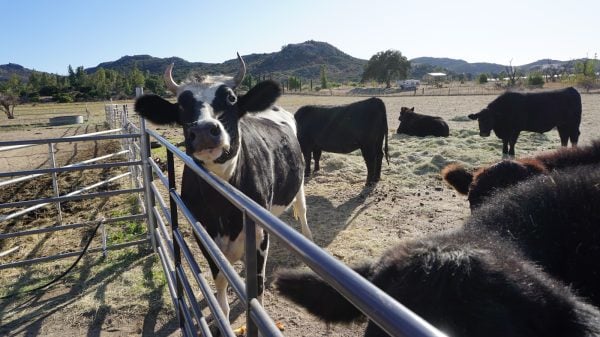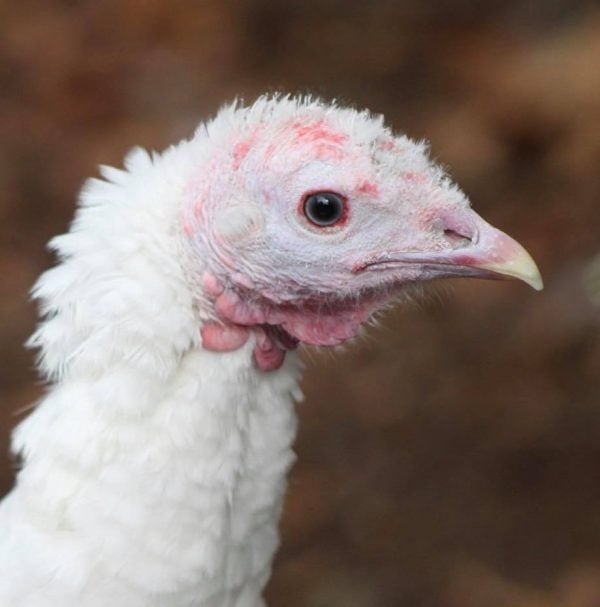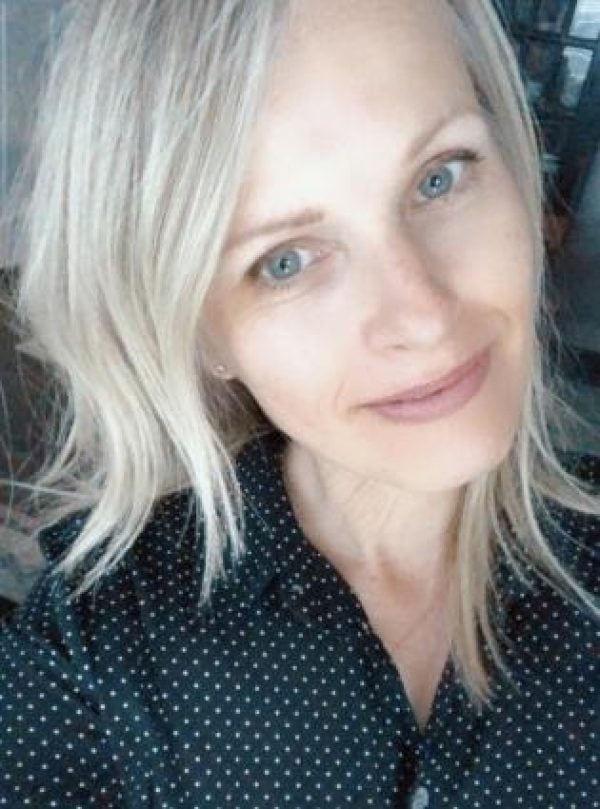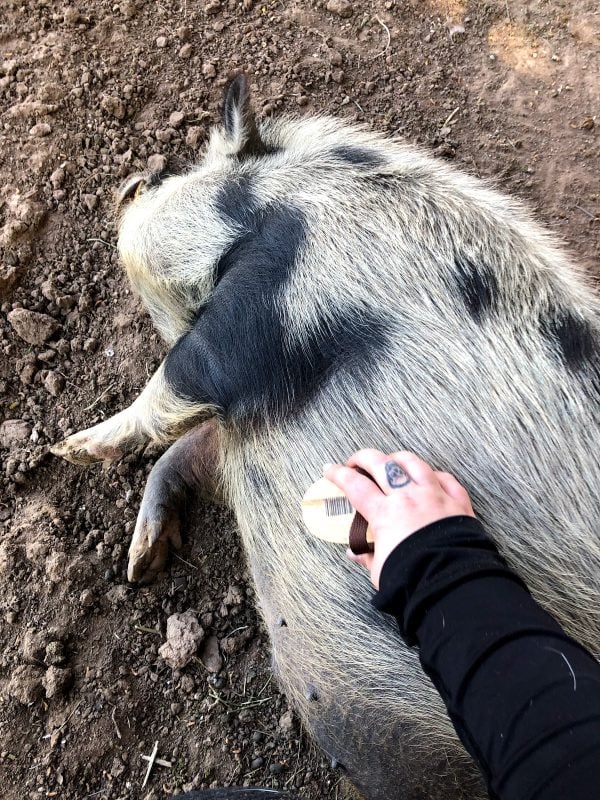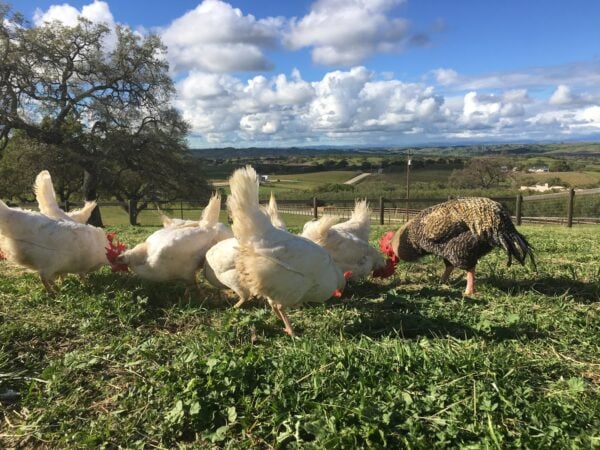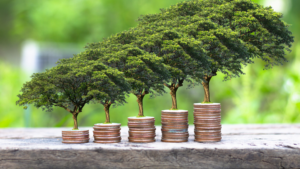Animal agriculture is a leading producer of greenhouse gas emissions. Yet consumers continue to hesitate on vegan alternatives. Can promoting a “vegan economy” help fix the planet’s myriad problems? It’s the impetus behind Vkind, the platform, app, and production house focused on connecting consumers to vegan businesses and events. And it might just work.
New research published today in the journal Nature Communications, proposes that adopting plant-based alternatives can considerably shrink global agricultural emissions.
This adjustment, which necessitates replacing 50 percent of all meat and dairy with plant-based products by 2050, has the potential to reduce greenhouse gas emissions by 31 percent, prevent forest degradation, and improve the nutritional intake of millions worldwide.
The research
“We’ll need much more than ‘Meatless Mondays’ to reduce the global GHG emissions driving climate change — and this study shows us a path forward,” study co-author Eva Wollenberg of the University of Vermont, said in a statement.
“Understanding the impacts of dietary shifts expands our options for reducing GHG emissions,” said study lead author Marta Kozicka, a researcher from IIASA. “Shifting diets could also yield huge improvements for biodiversity.”
The new study is the latest research to suggest that a wholesale shift away from animal products is critical to meeting Paris Agreement targets of keeping global temperatures below a 1.5°C rise over pre-industrial levels. Leading climate scientists say we’re going to tick past that threshold in the coming years regardless — a result of our inaction — which underscores the need to make a significant effort to reduce emissions everywhere possible.
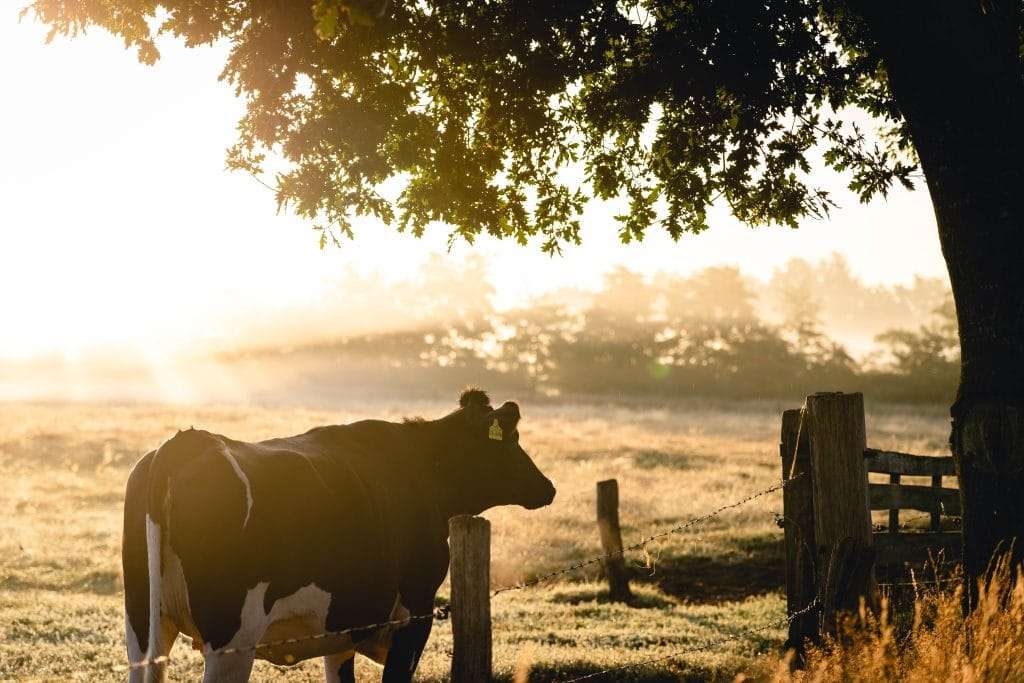
The researchers consulted Impossible Foods, a leading producer of vegan meat. The company provided generic recipes for the plant-based meat substitute products used in the analysis. Impossible has done its own research into animal products’ impact on the environment. Last year, its founder, Pat Brown, professor emeritus of biochemistry at Stanford University, co-led research that found a shift away from animal products in the next fifteen years is critical for fighting climate change.
“Plant-based meats are not just a novel food product, but a critical opportunity for achieving food security and climate goals while also achieving health and biodiversity objectives worldwide,” Wollenerg said. “Such transitions are challenging and require a range of technological innovations and policy interventions.”
Changing what’s on our plates is among the easiest and most impactful choices. However, recent research shows the number of U.S. consumers identifying as vegan has dropped from 3 percent in 2018 to just 1 percent today (but 4 percent identify as vegetarian, according to the findings).
Vkind: building a vegan economy
Vkind, the app and platform aimed at connecting consumers to vegan businesses, is working to help foster that shift away from animal products.
“This platform facilitates collaborations and hiring within the plant-based community, encouraging individuals to invest their money where it aligns with their values and preferences,” Dr. Shabnam Islam, a spokesperson for Vkind, told Ethos over Zoom. Islam co-hosted the platform’s first vegan cooking show, Peeled, alongside venerated Los Angeles chef Babette Davis.
Islam says Vkind operates as a dedicated search engine for those seeking exclusively plant-based venues. “This initiative significantly embodies a forward-thinking approach to ethical consumption and industry practices,” she says.
Like other geotag-based platforms, the Vkind app points users toward vegan businesses near them, making it easier to opt for products or services that help to mitigate the climate crisis by leaving animals out of the equation. “That gives us the power to put our money where our values and our votes are,” says Islam.

Encouraging consumers to make vegan choices aligns with the new research’s calculations. Substituting 50 percent of meat and dairy products with plants would see agricultural areas decline by 12 percent, allowing for rewilding and reforestation. It would essentially halt global deforestation, the researchers say. Shifting away from animal products would also halve nitrogen inputs and decrease water use by more than 10 percent — all boons to reversing the climate crisis and promoting biodiversity.
Overall, a 50 percent shift away from meat and dairy could see emissions decline by 2.1 Gt CO2eq year-1(31 percent ) in 2050 (1.6 Gt CO2eq year-1 on average in 2020–2050). Another benefit of reducing meat and dairy: global undernourishment rates would drop by at least 3.6 percent — a reduction of more than 30 million people per year, according to the researchers.
It’ll also make us healthier, despite persistent myths that a vegan diet is lacking in key nutrients. The recent Netflix series Live to 100: Secrets of the Blue Zones revealed a plant-forward diet is common among all of the five Blue Zone populations. A longstanding criticism of vegan meat products like the Impossible Burger is that they’re too processed. But recent USDA data found plant-based food is healthier than animal products even when ultra-processed.
But regardless of what type of diet people follow, there’s a health risk to everyone on the planet as emissions rise. Climate change will exacerbate a host of threats to human health from natural disasters to increased air pollution to more pandemics, according to the Centers for Disease Control and Prevention.
“The food sector produces roughly one-third of global GHG emissions — and has been notoriously difficult to de-carbonize,” said Wollenberg. “Given the magnitude of benefits we show from substituting meat with plant-based alternatives for global sustainability, climate action, and human health, this research provides important food for thought for consumers, food producers, and policymakers.”
Vkind Experience
With its Peeled cooking series, Vkind showed a diverse range of ways plants (and fungi) can replace animal products in a familiar content format. In November, it’s aiming to shake things up with the VKind Experience — a first-of-its-kind immersive tasting event.
Sprawling across LA’s Magic Box, the all-encompassing vegan event immerses participants in a multi-sensory world, offering a tour through a dozen uniquely themed rooms covering 35,000 square feet. Each room offers visual projections, live performances, sounds, smells, and, of course, tastes, which will be curated by Peeled judge, chef Chris Tucker.
The event takes attendees to all seven continents; walk among wildlife in the Serengeti of Africa, submerge yourself in the waters of Oceania, or traverse the Rainforest of South America, Vkind says, all while tasting the foods and flavors of the regions. “It is educational, but also an incredibly inviting and fun place,” Islam says.
The event will also debut the Vkind-produced short film, The Next Girl. Written by Lisa DeCrescente and directed by indie filmmaker Terrah Bennett Smith, the short film is from the point of view of a young girl trapped in a dystopian world of human trafficking. “The Next Girl unfolds a compelling story about the challenges of our current times, a story that we felt compelled to share,” Star Simmons, founder and CEO of Vkind, said in a statement. “I am extremely excited to introduce this impactful narrative to attendees at our Vkind Experience in November. It’s going to leave people talking.”
“There has never before been an event this compassionate and transformative, at this scale, with this many cultures represented in such an authentic and meaningful way,” Vkind Partner and Vkind Experience Event Producer, Jia Dadabhoy, said in a statement.
All of this supports Vkind’s vision for a VegEconomy and moves the needle on that urgent need to reduce meat and dairy consumption, Islam says. “This blend of education and pleasure, coupled with a good cause, is what makes this event truly special.”
The Vkind Experience is taking place in Los Angeles at the Magic Box November 11-12. Find more information and tickets at the Vkind Experience website.
SUBSCRIBE TO OUR NEWSLETTER
Vkind Vibes is our popular weekly newsletter where we share the latest news, tastiest recipes, and hottest trends impacting the VegEconomy. SUBSCRIBE NOW!
WANT MORE?
JOIN US AT VKX 2023! The Vkind Experience (VKX) is an immersive plant-based event celebrating travel, culture, and cuisine around the world as guests explore 11 experiential rooms while sampling an elevated fusion of world flavors.JOIN THE VKIND COMMUNITY Download the Vkind app on the App Store or Google Play to create your social profile and start sharing reviews of vegan businesses, watch original content, and explore the plant-based world with your friends!
JOIN THE VEGECONOMY Are you a vegan brand owner or professional? Add your listing to our business search platform to get more eyes on your vegan enterprise.
TAKE THE VEGECONOMY PLEDGE Take the VegEconomy Pledge to show support for sustainable business practices and make a commitment to Spend Like You Give A Damn.
WATCH & LEARN Subscribe to our YouTube channel for our latest shows, live events, interviews, videos, news, secret giveaways & more!
STREAM “PEELED”, THE ALL-VEGAN COOKING COMPETITION SHOW Produced by Vkind Studios in a limited 3-part web series, Peeled is the award-winning all-vegan cooking competition show that’s on a search to find “America’s Hottest Vegan Chef”.
FOLLOW & SHARE Our content is always entertaining, educational, and inclusive. Follow us everywhere on social media!
SHARE VEGAN RECIPES Share your delicious vegan recipes with the Vkind Community on our app and website.



